Pat McAfee’s description of WNBA star Caitlin Clark as a “white b****” has ignited a significant backlash. The derogatory remark, coupled with his controversial views on Clark’s popularity, has sparked widespread outrage.
McAfee’s Controversial Remarks
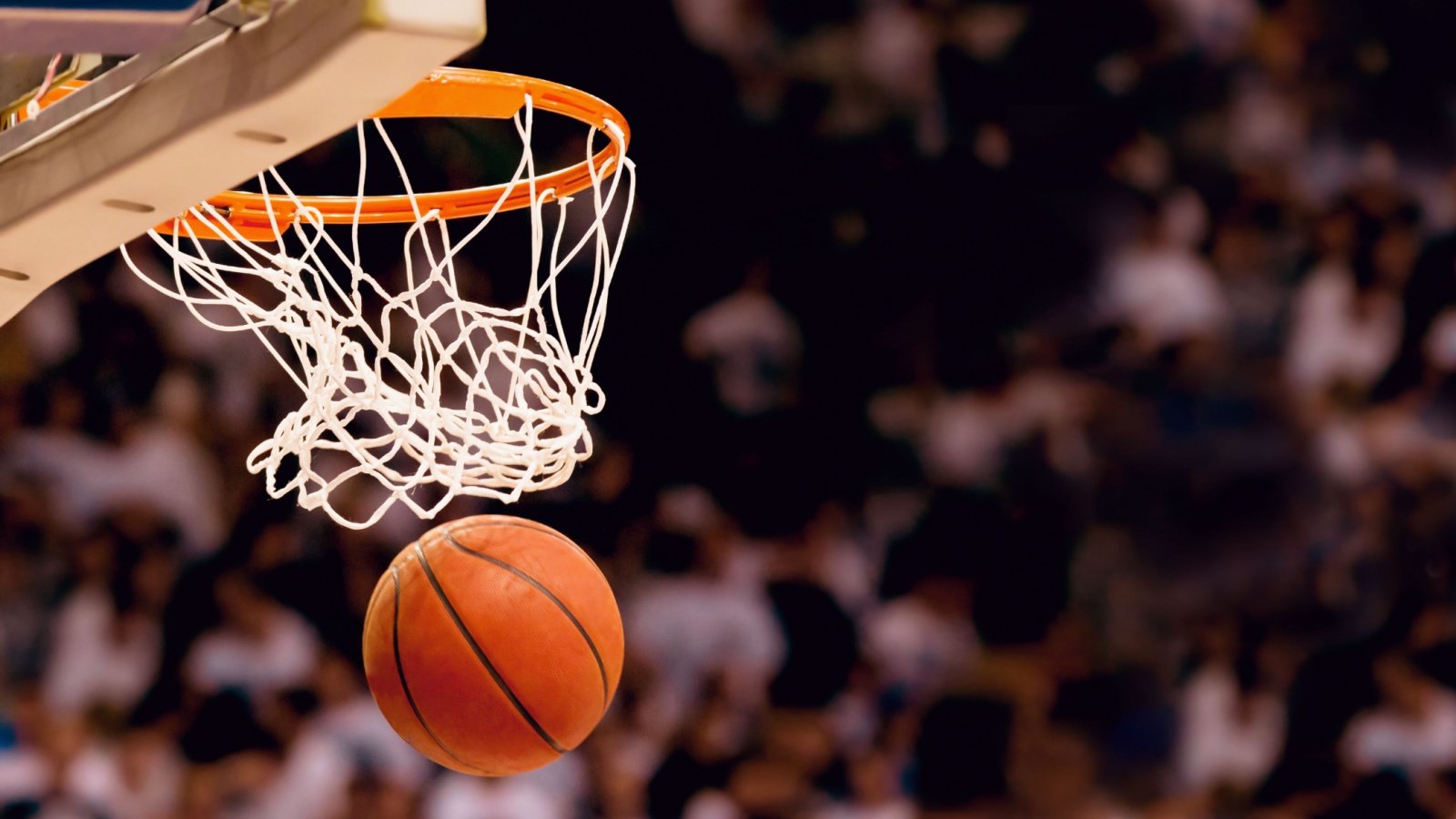
During a heated rant, McAfee unleashed a torrent of criticism toward Clark, questioning whether her race played a role in her popularity. His inflammatory language and insinuations have sparked a fierce backlash, putting the spotlight on the casual sexism and racism that still permeate sports commentary.
The Incident with Chennedy Carter
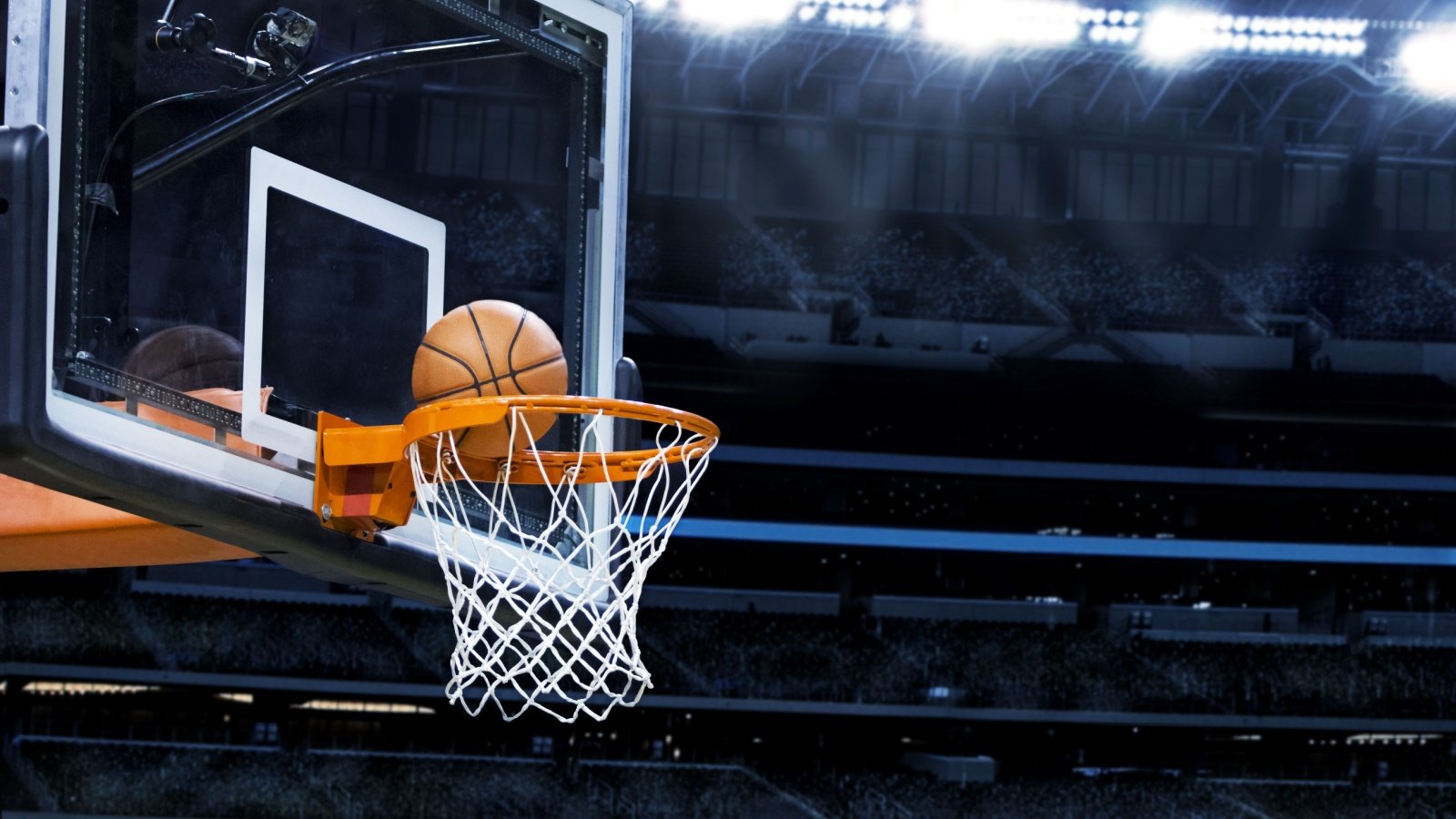
The controversy erupted after Clark was bodychecked by Chennedy Carter of the Chicago Sky, a moment captured in a viral video. Carter called Clark a derogatory term before knocking her to the ground, while Clark’s teammates failed to come to her defense. The incident, labeled by some as “assault,” has further fueled the debate.
Online Outcry and Media Reaction

Social media erupted, with many criticizing McAfee for his offensive remarks. Critics pointed out that ESPN paid McAfee millions while laying off talented staff, questioning the network’s priorities. Others suggested he should step back from covering women’s sports if he can’t show respect.
Clark and Dunn’s Responses

Clark, maintaining her composure, acknowledged the physical nature of the game without dwelling on the incident. Meanwhile, Indiana Fever’s GM Lin Dunn called for stricter league enforcement, condemning the targeted aggression against Clark and demanding a cleanup of unsportsmanlike conduct.
Broader Implications

McAfee’s comments have reignited discussions about how women, especially women of color, are treated in the sports industry. This incident serves as a stark reminder of the ongoing challenges female athletes face in gaining respect and recognition.
The Fallout from McAfee’s Comments

The backlash against McAfee has been swift and intense. Fans, analysts, and former athletes have all weighed in, condemning his choice of words and questioning his suitability as a commentator on women’s sports.
Examination of Media Representation
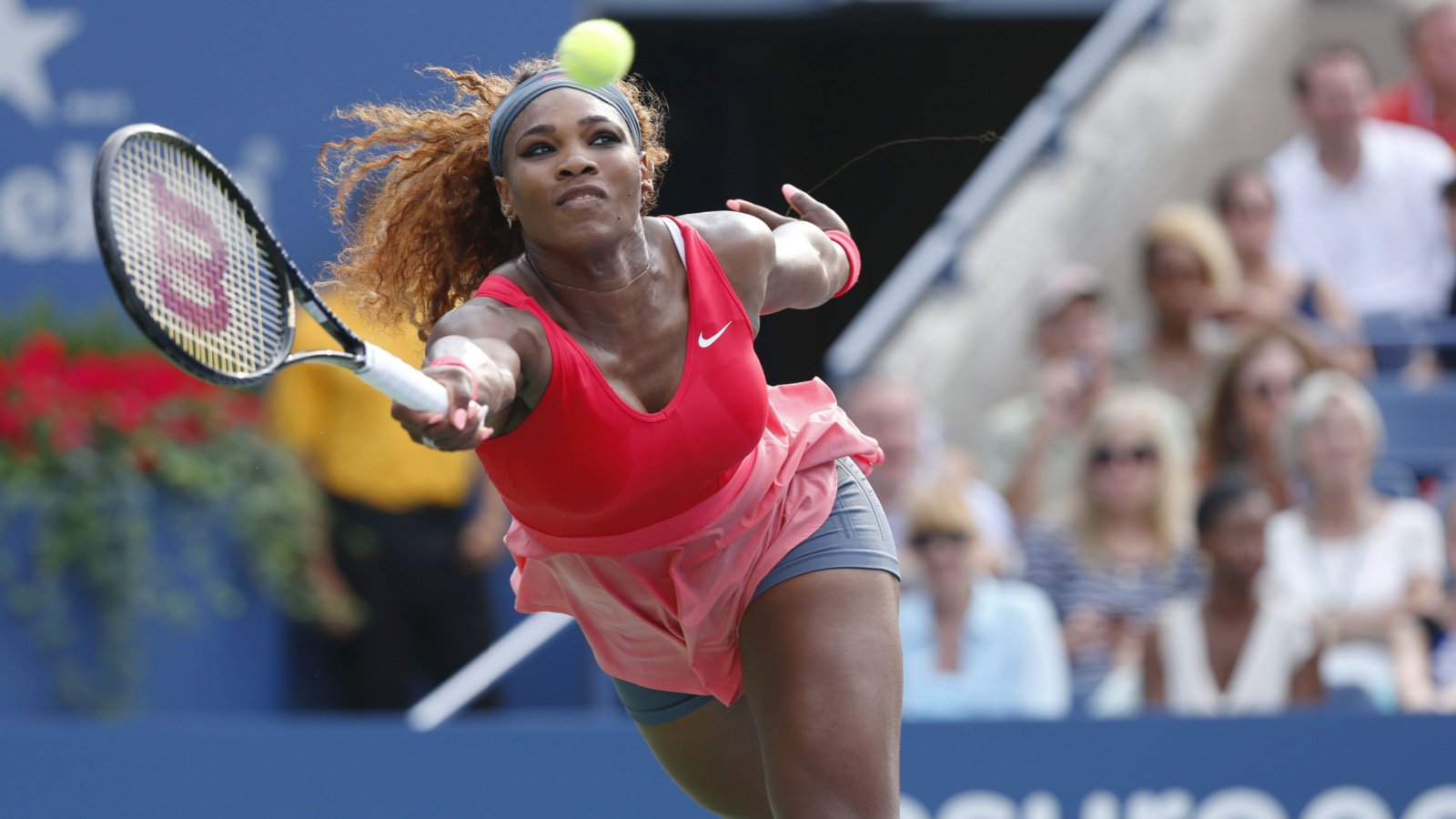
McAfee’s rant has forced a critical examination of how female athletes are portrayed in the media. His suggestion that Clark’s popularity might be tied to her race rather than her skill underscores a persistent problem in sports journalism.
The Role of Race and Gender in Sports
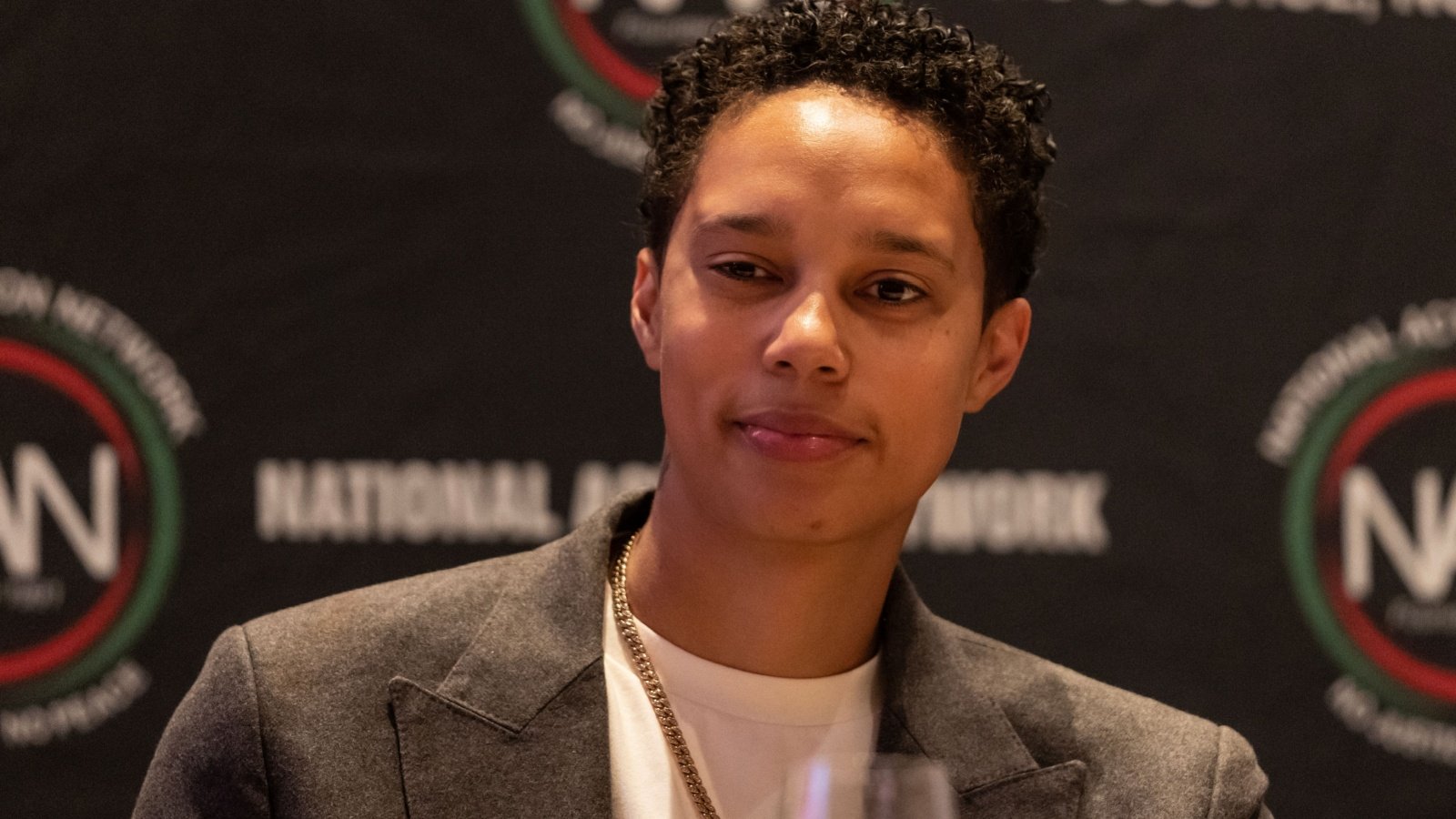
The intersection of race and gender in sports remains a contentious topic. McAfee’s comments have highlighted the ways in which biases can shape public perception and media narratives.
The Impact on Clark’s Career

For Caitlin Clark, the fallout from McAfee’s comments has added an unwanted spotlight. While she has continued to perform at a high level on the court, the media frenzy has undoubtedly affected her off the court. The added pressure and scrutiny can be challenging for any athlete, particularly a young star like Clark.
League and Team Reactions

Both the WNBA and the Indiana Fever have had to navigate the fallout from McAfee’s remarks. The league has been vocal in its support of Clark and condemnation of McAfee’s language. The Fever, too, have rallied around their star player, emphasizing their commitment to fostering a respectful and inclusive environment.
Moving Forward

As the controversy continues to unfold, there are calls for tangible actions to prevent similar incidents in the future. Advocates are urging sports networks and media outlets to adopt stricter guidelines on commentary and ensure that their platforms do not perpetuate harmful stereotypes or biases.
Conclusion

The uproar over McAfee’s derogatory remarks is more than just a controversy—it’s a call to address the underlying biases that still plague sports media. As the debate rages on, it’s clear that the fight for equitable treatment in sports is far from over.



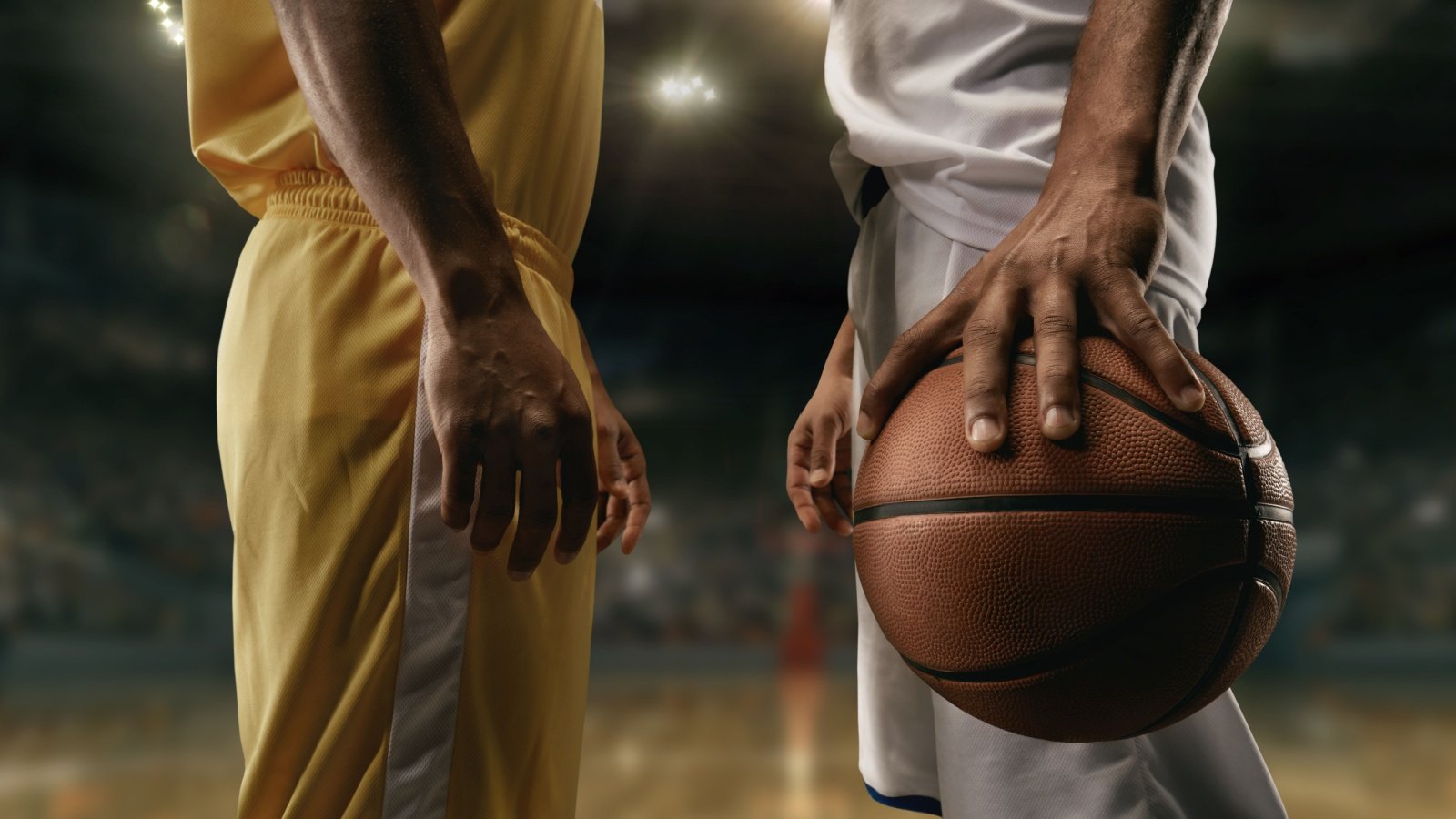
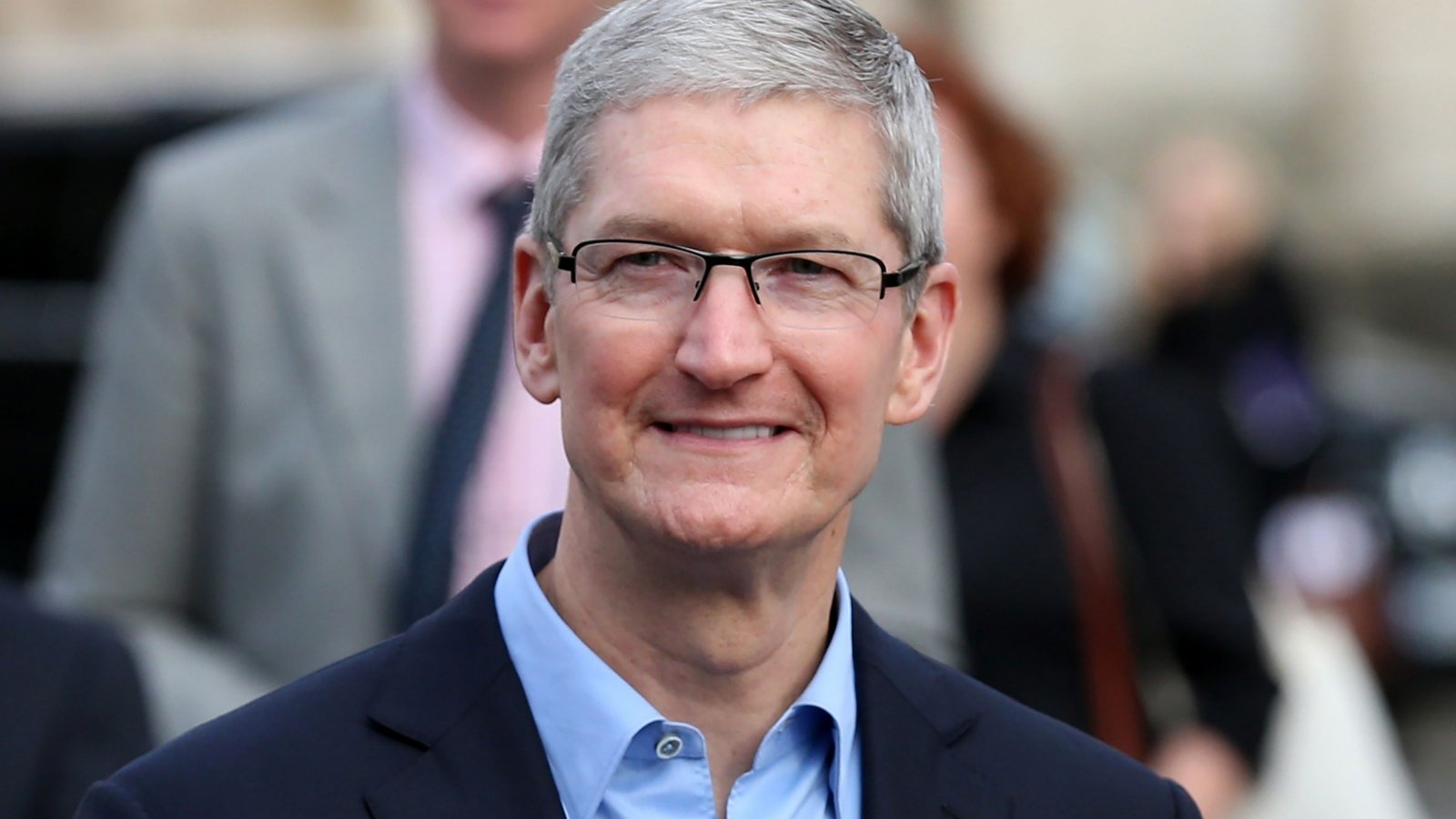

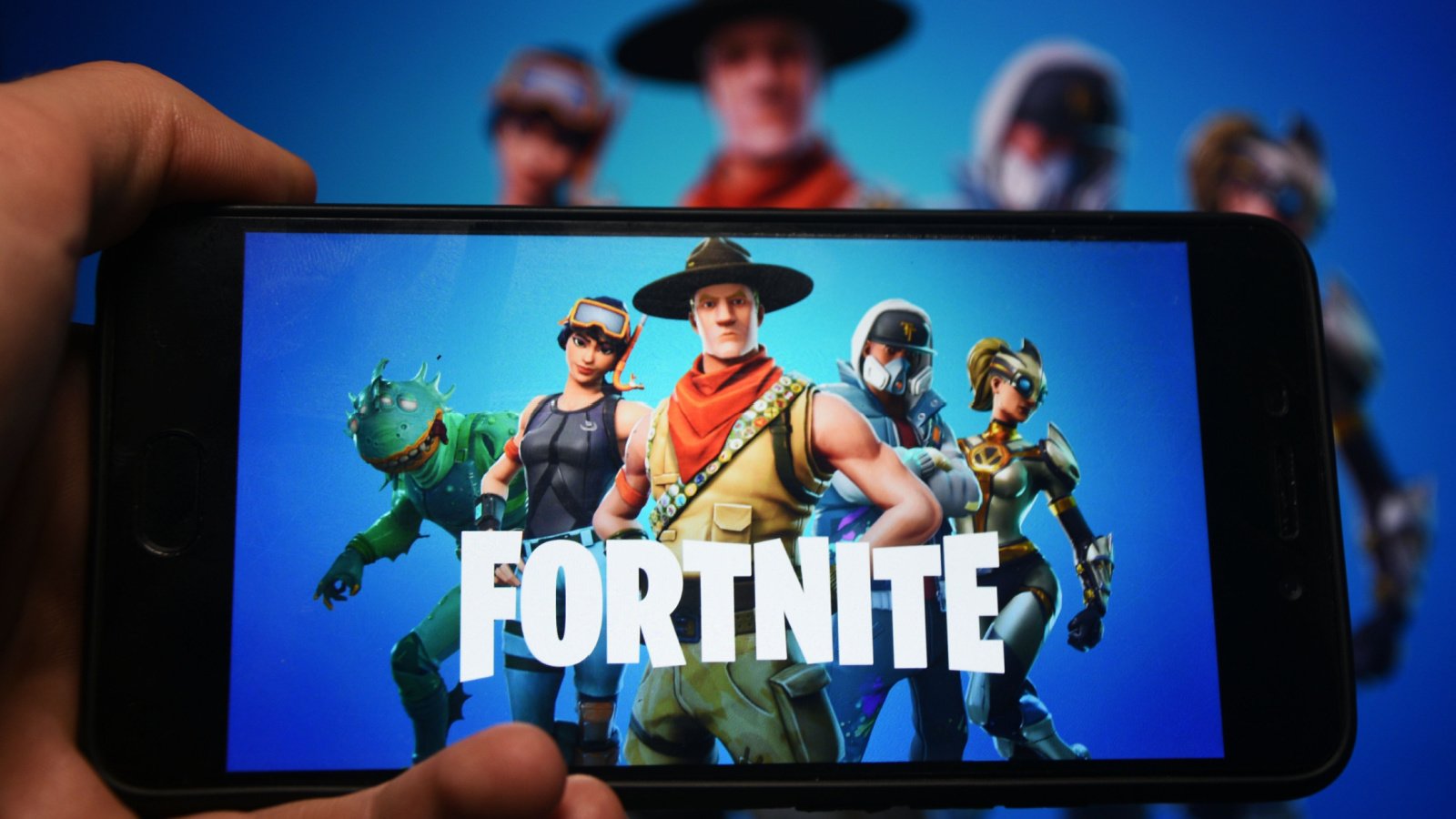

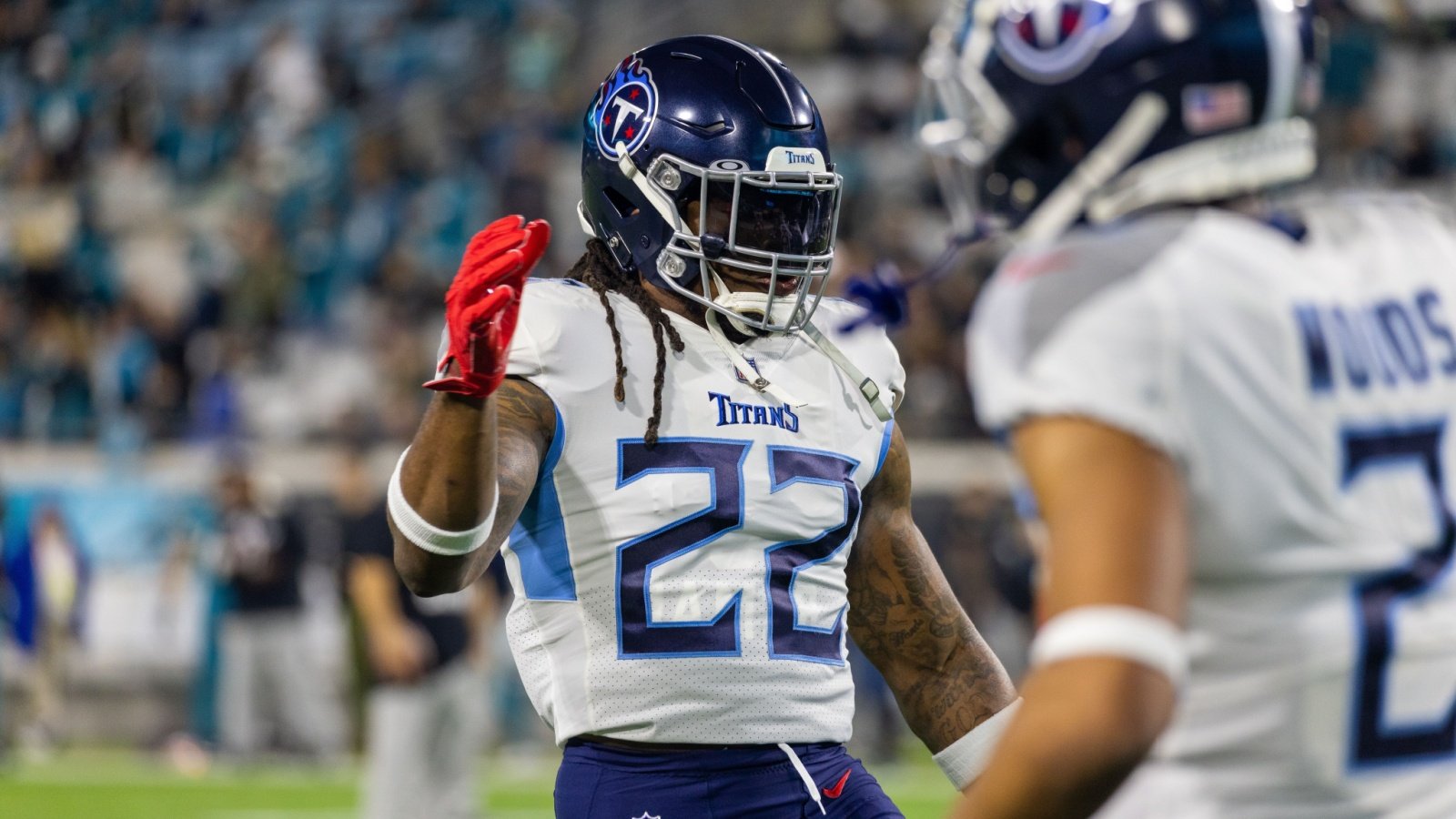
https://semaglupharm.com/# Semaglu Pharm
prednisone 10mg for sale: prednisone cream brand name – buy prednisone online without a prescription
https://crestorpharm.com/# Affordable cholesterol-lowering pills
prednisone tablet 100 mg: 1 mg prednisone cost – prednisone 20 mg tablets
how long does it take to get crestor out of your system Crestor Pharm crestor pill picture
https://semaglupharm.com/# SemagluPharm
CrestorPharm: cholesterol crestor – CrestorPharm
Lipi Pharm: LipiPharm – can you drink grapefruit juice with atorvastatin
prednisone ordering online 20 mg of prednisone prednisone 1 mg tablet
https://semaglupharm.shop/# No prescription diabetes meds online
Where to buy Semaglutide legally: Affordable Rybelsus price – Affordable Rybelsus price
https://crestorpharm.shop/# CrestorPharm
Crestor Pharm: CrestorPharm – CrestorPharm
https://semaglupharm.shop/# SemagluPharm
Affordable cholesterol-lowering pills Crestor Pharm Crestor Pharm
Safe delivery in the US: SemagluPharm – Online pharmacy Rybelsus
https://semaglupharm.com/# rybelsus glp 1
Crestor Pharm: CrestorPharm – CrestorPharm
CrestorPharm Generic Crestor for high cholesterol Crestor Pharm
best semaglutide for weight loss: Online pharmacy Rybelsus – Semaglu Pharm
http://semaglupharm.com/# 3 mg rybelsus
http://semaglupharm.com/# Order Rybelsus discreetly
side effects of crestor: Crestor Pharm – Best price for Crestor online USA
what does rosuvastatin 10 mg pill look like: side effects of crestor cholesterol medication – Crestor Pharm
https://semaglupharm.shop/# SemagluPharm
п»їBuy Rybelsus online USA: rybelsus work – wegovy semaglutide
Lipi Pharm Atorvastatin online pharmacy Lipi Pharm
https://semaglupharm.com/# SemagluPharm
SemagluPharm: how many units is 1 mg of semaglutide – SemagluPharm
CrestorPharm: Crestor mail order USA – Generic Crestor for high cholesterol
https://semaglupharm.com/# SemagluPharm
where to get prednisone order prednisone 100g online without prescription prednisone 20mg online pharmacy
http://semaglupharm.com/# SemagluPharm
Predni Pharm: Predni Pharm – Predni Pharm
rybelsus 3 mg price: can rybelsus be cut in half – Rybelsus online pharmacy reviews
Discreet shipping for Lipitor Lipi Pharm п»їBuy Lipitor without prescription USA
http://semaglupharm.com/# semaglutide and depression
Online statin therapy without RX: should you take rosuvastatin at night – CrestorPharm
Crestor Pharm: are there any dietary restrictions while taking rosuvastatin – can crestor cause kidney problems
LipiPharm FDA-approved generic statins online FDA-approved generic statins online
https://lipipharm.shop/# LipiPharm
http://semaglupharm.com/# Semaglu Pharm
buy prednisone online without a prescription: online prednisone – Predni Pharm
Predni Pharm prednisone buy online nz Predni Pharm
https://semaglupharm.com/# rybelsus drug class
PredniPharm: prednisone uk over the counter – prednisone 60 mg price
Lipi Pharm: LipiPharm – cost of atorvastatin without insurance
п»їBuy Rybelsus online USA Online pharmacy Rybelsus Rybelsus online pharmacy reviews
https://semaglupharm.com/# rybelsus online prescription
https://semaglupharm.shop/# SemagluPharm
Safe atorvastatin purchase without RX: Lipi Pharm – LipiPharm
SemagluPharm: SemagluPharm – SemagluPharm
http://semaglupharm.com/# Semaglu Pharm
CrestorPharm Crestor Pharm how long does it take for crestor to work
canada drugs online reviews: Canada Pharm Global – canadian compounding pharmacy
https://medsfrommexico.shop/# Meds From Mexico
Meds From Mexico: best online pharmacies in mexico – Meds From Mexico
mexican border pharmacies shipping to usa п»їbest mexican online pharmacies buying prescription drugs in mexico online
https://indiapharmglobal.shop/# online pharmacy india
https://canadapharmglobal.shop/# adderall canadian pharmacy
mail order pharmacy india: India Pharm Global – India Pharm Global
Meds From Mexico: Meds From Mexico – Meds From Mexico
buying from online mexican pharmacy Meds From Mexico Meds From Mexico
https://canadapharmglobal.com/# reliable canadian pharmacy reviews
Meds From Mexico: Meds From Mexico – buying from online mexican pharmacy
Meds From Mexico: Meds From Mexico – buying prescription drugs in mexico online
https://medsfrommexico.shop/# mexican pharmaceuticals online
India Pharm Global India Pharm Global India Pharm Global
https://canadapharmglobal.com/# medication canadian pharmacy
Meds From Mexico: mexico drug stores pharmacies – Meds From Mexico
real canadian pharmacy Canada Pharm Global onlinecanadianpharmacy
https://medsfrommexico.shop/# best mexican online pharmacies
https://medsfrommexico.com/# Meds From Mexico
mexican online pharmacies prescription drugs: mexican pharmaceuticals online – mexican border pharmacies shipping to usa
online pharmacy canada ed meds online canada my canadian pharmacy reviews
http://medsfrommexico.com/# mexican border pharmacies shipping to usa
online pharmacy india: India Pharm Global – India Pharm Global
pharmacies in mexico that ship to usa: mexican border pharmacies shipping to usa – mexican border pharmacies shipping to usa
https://medsfrommexico.shop/# buying from online mexican pharmacy
India Pharm Global India Pharm Global India Pharm Global
canadian pharmacy drugs online: canadian pharmacy online store – legit canadian online pharmacy
https://canadapharmglobal.com/# canadian pharmacy phone number
buy drugs from canada: Canada Pharm Global – ordering drugs from canada
http://medsfrommexico.com/# Meds From Mexico
Meds From Mexico reputable mexican pharmacies online Meds From Mexico
buying prescription drugs in mexico: Meds From Mexico – Meds From Mexico
http://indiapharmglobal.com/# online shopping pharmacy india
mexico drug stores pharmacies: mexican pharmaceuticals online – mexican drugstore online
canadian pharmacy price checker Canada Pharm Global canadian pharmacy victoza
Meds From Mexico: buying from online mexican pharmacy – Meds From Mexico
https://canadapharmglobal.com/# is canadian pharmacy legit
http://medsfrommexico.com/# Meds From Mexico
mexico pharmacies prescription drugs: reputable mexican pharmacies online – mexican drugstore online
https://papafarma.com/# Papa Farma
farmacista online: ed farmacia italia – klisyri unguento prezzo
axil flaconcini a cosa serve EFarmaciaIt eutirox costo
gentalyn beta punture insetti: EFarmaciaIt – EFarmaciaIt
http://papafarma.com/# Papa Farma
http://raskapotek.com/# flytende jod apotek
magnesium l-threonate apotek Rask Apotek Rask Apotek
Rask Apotek: Rask Apotek – middel mot klegg apotek
https://papafarma.com/# casenlax 10 g
Svenska Pharma: apotek hemkГ¶rning – vГ¤teperoxid apotek
Papa Farma farmacia productos Papa Farma
http://raskapotek.com/# Rask Apotek
https://raskapotek.shop/# sjekk av føflekker apotek
brodder apotek: pipetter apotek – Rask Apotek
precio cialis 20 mg en farmacia espaГ±a: Papa Farma – drugstore madrid
promozioni farmacia crema artrosilene EFarmaciaIt
https://efarmaciait.shop/# EFarmaciaIt
Rask Apotek: Rask Apotek – vortefjerner apotek
armslynge apotek: Rask Apotek – Rask Apotek
para quГ© sirve diprogenta Papa Farma diprogenta pomada precio
https://efarmaciait.shop/# EFarmaciaIt
https://efarmaciait.com/# medrol serve ricetta
farmacia germania spedizione italia: EFarmaciaIt – agocap pharma recensioni
rГ¶dcederolja apotek: Svenska Pharma – Svenska Pharma
https://raskapotek.com/# Rask Apotek
scandinavia apotek beige hårfärg kaliumpermanganat apotek
tannkitt apotek: Rask Apotek – Rask Apotek
https://efarmaciait.shop/# deursil 450 prezzo
EFarmaciaIt: line x spray – EFarmaciaIt
EFarmaciaIt EFarmaciaIt difmetre compresse
http://papafarma.com/# Papa Farma
farmacia 24 horas sevilla: Papa Farma – Papa Farma
https://efarmaciait.shop/# dotor max
apotek vitaminer Svenska Pharma Svenska Pharma
cher ora: EFarmaciaIt – EFarmaciaIt
https://svenskapharma.shop/# olika apotek på nätet
biligt: klorofyll apotek – ibs engelska
https://efarmaciait.shop/# EFarmaciaIt
EFarmaciaIt EFarmaciaIt cialis 20 mg 2 compresse prezzo
movicol medicamento: framacias – diu mirena precio euros
https://papafarma.com/# para qué sirve la crema elocom
800 22 60 42: EFarmaciaIt – EFarmaciaIt
spypose apotek Rask Apotek Rask Apotek
Rask Apotek: adventskalender apotek – Rask Apotek
http://papafarma.com/# farmacias en sevilla
Svenska Pharma: Svenska Pharma – Svenska Pharma
förgiftad familj Svenska Pharma apotek kolla recept
http://papafarma.com/# Papa Farma
https://svenskapharma.shop/# vad betyder forte läkemedel
cepillo dental oral b io: Papa Farma – syracerin que es
Pharma Jetzt: PharmaJetzt – Pharma Jetzt
metaflow rabattcode: shop apotheke online shop – PharmaJetzt
https://pharmajetzt.com/# Pharma Jetzt
http://pharmajetzt.com/# shop aphoteke
Pharma Confiance Pharma Confiance Pharma Confiance
Medicijn Punt: holandia apteka internetowa – Medicijn Punt
https://medicijnpunt.com/# apotheek online nederland
PharmaJetzt: PharmaJetzt – gГјnstige apotheke
online medicine PharmaJetzt Pharma Jetzt
amoxicilline sachet: Pharma Confiance – Pharma Confiance
https://medicijnpunt.com/# apotheek kopen
http://pharmaconnectusa.com/# Pharma Connect USA
MedicijnPunt: Medicijn Punt – MedicijnPunt
Pharma Jetzt internetapotheke deutschland Pharma Jetzt
viagra uk online pharmacy: PharmaConnectUSA – viagra from us pharmacy
http://pharmajetzt.com/# Pharma Jetzt
gloire grace: Pharma Confiance – Pharma Confiance
Pharma Jetzt beste online apotheke medikamente corona apotheke
Pharma Connect USA: Pharma Connect USA – indocin online pharmacy
https://pharmaconfiance.shop/# Pharma Confiance
https://pharmaconnectusa.com/# abilify online pharmacy
Pharma Confiance: god pour chat – combien coГ»te le cialis
online apotheke pille danach schopapotheke versand apotheke deutschland
mediamarkt in meiner nГ¤he: apotheke internet – schop apoteke
https://medicijnpunt.com/# MedicijnPunt
aptheke: apotheke – online aphoteke
Pharma Jetzt medikamente corona apotheke PharmaJetzt
http://medicijnpunt.com/# Medicijn Punt
prix d’une pharmacie: fleur de bach 45 avis – Pharma Confiance
https://pharmaconnectusa.com/# india pharmacy
Pharma Confiance: Pharma Confiance – pharmacie a cote de moi
https://pharmaconnectusa.shop/# get prescription online
pille danach online apotheke Pharma Jetzt luitpoldapotheke bad steben
Pharma Confiance: Pharma Confiance – Pharma Confiance
pharea avis: grd france – pharmacie grande ile
http://pharmaconnectusa.com/# PharmaConnectUSA
PharmaJetzt Pharma Jetzt apotheke.com online
Pharma Connect USA: PharmaConnectUSA – tesco pharmacy viagra 2012
http://pharmaconnectusa.com/# sky pharmacy online
https://pharmajetzt.com/# PharmaJetzt
MedicijnPunt: Medicijn Punt – Medicijn Punt
apotheek webshop: Medicijn Punt – MedicijnPunt
MedicijnPunt apothekers Medicijn Punt
http://pharmaconfiance.com/# parapharmacie cbd
meijer pharmacy free generic lipitor: propecia inhouse pharmacy – PharmaConnectUSA
Pharma Confiance: pharmacie de garde aujourd’hui rouen – Pharma Confiance
PharmaConnectUSA Pharma Connect USA Pharma Connect USA
http://medicijnpunt.com/# netherlands pharmacy online
http://pharmajetzt.com/# PharmaJetzt
cialis 40 mg avis: Pharma Confiance – Pharma Confiance
Pharma Jetzt: apoteheke – PharmaJetzt
Pharma Confiance Pharma Confiance Pharma Confiance
http://pharmaconnectusa.com/# PharmaConnectUSA
Medicijn Punt: Medicijn Punt – Medicijn Punt
PharmaConnectUSA: Pharma Connect USA – lidocaine powder pharmacy
https://pharmaconfiance.shop/# Pharma Confiance
livre pharmacie: Pharma Confiance – tadalafil 20 mg pas cher
https://pharmaconfiance.shop/# Pharma Confiance
PharmaConnectUSA: online pharmacy viagra india – Pharma Connect USA
Pharma Connect USA PharmaConnectUSA PharmaConnectUSA
http://pharmajetzt.com/# Pharma Jetzt
Medicijn Punt: MedicijnPunt – MedicijnPunt
spironolactone in house pharmacy: PharmaConnectUSA – PharmaConnectUSA
http://pharmaconfiance.com/# Pharma Confiance
medicijnen kopen online: MedicijnPunt – aptoheek
online apotheek frankrijk: Medicijn Punt – medicijnen kopen online
https://pharmajetzt.com/# PharmaJetzt
https://medicijnpunt.shop/# medicijnlijst apotheek
PharmaConnectUSA: Pharma Connect USA – PharmaConnectUSA
PharmaConnectUSA: Pharma Connect USA – best online pharmacy klonopin
https://medicijnpunt.com/# apotheek online nl
apotheek zonder recept: Medicijn Punt – medicijnen kopen zonder recept
https://medicijnpunt.shop/# snel medicijnen bestellen
Pharma Confiance: Pharma Confiance – Pharma Confiance
MedicijnPunt: medicijne – online apotheker
http://medicijnpunt.com/# netherlands online pharmacy
MedicijnPunt: apteka den haag – medicijn bestellen
leflunomide online pharmacy: PharmaConnectUSA – PharmaConnectUSA
http://medicijnpunt.com/# MedicijnPunt
clozapine online pharmacy: PharmaConnectUSA – Pharma Connect USA
https://pharmaconnectusa.shop/# Pharma Connect USA
online pharmacy nl: recept medicijnen – Medicijn Punt
http://pharmajetzt.com/# medikamente 24 stunden lieferung
Pharma Jetzt: apozheke – gГјnstige apotheke online shop
https://pharmajetzt.shop/# medikamente 24 stunden lieferung
Pharma Connect USA: Pharma Connect USA – PharmaConnectUSA
Pharma Confiance: Pharma Confiance – demain cosmetique
http://pharmaconfiance.com/# Pharma Confiance
how much does percocet cost at pharmacy: Pharma Connect USA – Ditropan
https://pharmaconnectusa.com/# PharmaConnectUSA
albany college of pharmacy: PharmaConnectUSA – giant eagle pharmacy
Pharma Jetzt: online apoteke – shop spotheke
swiss pharmacy finpecia: good online pharmacy – PharmaConnectUSA
apo apotheke online: Pharma Jetzt – shop apptheke
http://pharmajetzt.com/# bei apotheke bestellen
ibuprofen pharmacy singapore: nexium online pharmacy no prescription – thailand pharmacy ambien
https://pharmajetzt.shop/# PharmaJetzt
shops apotheke: PharmaJetzt – versandapotheken in deutschland
online apotheke 24 stunden lieferung auf rechnung: PharmaJetzt – PharmaJetzt
luitpold-apotheke: online apotheke selbitz – PharmaJetzt
medicijn bestellen apotheek medicijnen snel bestellen MedicijnPunt
https://pharmajetzt.shop/# Pharma Jetzt
https://medicijnpunt.com/# MedicijnPunt
PharmaConnectUSA: Pharma Connect USA – PharmaConnectUSA
pharmacie de garde ars: 400 mg en g – Pharma Confiance
apotgeek apteka internetowa nl nieuwe pharma
MedicijnPunt: MedicijnPunt – MedicijnPunt
marchГ© au puce marseille aujourd’hui: Pharma Confiance – Pharma Confiance
https://medicijnpunt.com/# online doktersrecept
versandapotheke vergleich: Pharma Jetzt – online-apotheke
actos online pharmacy: PharmaConnectUSA – PharmaConnectUSA
https://medicijnpunt.com/# online apotheek zonder recept ervaringen
ou acheter du viagra sans ordonnance Pharma Confiance pharmacie en ligne allemagne
Pharma Confiance: pharmacie drakkar avis – Pharma Confiance
medicijen: MedicijnPunt – Medicijn Punt
MedicijnPunt: MedicijnPunt – pharmacy online netherlands
PharmaConnectUSA PharmaConnectUSA Pharma Connect USA
Pharma Connect USA: online pharmacy furosemide – PharmaConnectUSA
https://pharmaconnectusa.com/# PharmaConnectUSA
https://pharmaconnectusa.shop/# Pharma Connect USA
holandia apteka internetowa: MedicijnPunt – MedicijnPunt
la boГ®te rose pharmacie: pharmacie pres de chez moi – Pharma Confiance
MedicijnPunt MedicijnPunt mijn apotheek online
metronidazole target pharmacy: Pharma Connect USA – PharmaConnectUSA
PharmaJetzt: luitpold apotheke online shop – luitpoldapotheke bad steben
https://pharmaconnectusa.com/# PharmaConnectUSA
Pharma Connect USA: costa rica pharmacy viagra – morrisons pharmacy viagra
Pharma Confiance pharmacie des plantes Pharma Confiance
http://medicijnpunt.com/# Medicijn Punt
malarone ordonnance ou pas: Pharma Confiance – Pharma Confiance
le meilleur questionnaire fleurs de bach: medicament livraison – pharmacie des drakkars caen
medikamente bei: shopaporheke – PharmaJetzt
Pharma Connect USA PharmaConnectUSA Pharma Connect USA
http://pharmaconnectusa.com/# best online pharmacy wellbutrin
Pharma Connect USA: uk online pharmacy – propecia usa pharmacy
https://pharmaconfiance.com/# Pharma Confiance
ozempic sans ordonnance prix: Pharma Confiance – Pharma Confiance
acyclovir cream online pharmacy: blue cross blue shield online pharmacy – PharmaConnectUSA
https://pharmaconfiance.shop/# pilule bleu en pharmacie sans ordonnance
crГЁme filorga avis Pharma Confiance Pharma Confiance
mail order pharmacy india: IndiMeds Direct – IndiMeds Direct
IndiMeds Direct: IndiMeds Direct – best online pharmacy india
https://tijuanameds.shop/# best online pharmacies in mexico
IndiMeds Direct best online pharmacy india IndiMeds Direct
https://tijuanameds.shop/# TijuanaMeds
IndiMeds Direct: world pharmacy india – online shopping pharmacy india
https://indimedsdirect.com/# pharmacy website india
canadianpharmacyworld: CanRx Direct – reputable canadian online pharmacy
mexican drugstore online mexican rx online TijuanaMeds
TijuanaMeds: TijuanaMeds – TijuanaMeds
https://indimedsdirect.com/# IndiMeds Direct
https://indimedsdirect.com/# IndiMeds Direct
medication from mexico pharmacy TijuanaMeds mexico drug stores pharmacies
https://tijuanameds.com/# TijuanaMeds
canada drugs reviews: CanRx Direct – canadian drug pharmacy
safe canadian pharmacy CanRx Direct safe online pharmacies in canada
https://canrxdirect.shop/# canadian compounding pharmacy
top 10 online pharmacy in india: online shopping pharmacy india – world pharmacy india
TijuanaMeds purple pharmacy mexico price list TijuanaMeds
http://tijuanameds.com/# TijuanaMeds
https://indimedsdirect.com/# IndiMeds Direct
IndiMeds Direct: Online medicine home delivery – top 10 online pharmacy in india
top 10 online pharmacy in india top online pharmacy india indian pharmacy paypal
http://canrxdirect.com/# best canadian online pharmacy
online pharmacy canada: canadian pharmacy meds – northwest pharmacy canada
TijuanaMeds: TijuanaMeds – medicine in mexico pharmacies
http://tijuanameds.com/# mexican rx online
canadian pharmacy meds review: CanRx Direct – canadian drug pharmacy
https://canrxdirect.shop/# best canadian pharmacy online
mexico pharmacies prescription drugs: mexico drug stores pharmacies – mexican drugstore online
RxFree Meds: neurontin pharmacy assistance – walgreen pharmacy hours
Farmacia Asequible Farmacia Asequible Farmacia Asequible
RxFree Meds: RxFree Meds – safeway pharmacy store hours
https://rxfreemeds.shop/# RxFree Meds
RxFree Meds: pharmacy express viagra cialis levitra vpxl – online pharmacy provigil
https://farmaciaasequible.com/# farmacia veterinaria granada
RxFree Meds RxFree Meds RxFree Meds
RxFree Meds: RxFree Meds – united pharmacy finasteride
http://farmaciaasequible.com/# ozempic insomnio
enclomiphene citrate: enclomiphene best price – enclomiphene testosterone
Farmacia Asequible Farmacia Asequible Farmacia Asequible
https://farmaciaasequible.shop/# papilla de platano
https://enclomiphenebestprice.shop/# enclomiphene citrate
Farmacia Asequible: ozempic spanien – movicol para niГ±os
enclomiphene buy enclomiphene buy enclomiphene for sale
http://rxfreemeds.com/# morrisons pharmacy viagra
farmacias 24 horas sevilla: Farmacia Asequible – soolantra precio farmacia espaГ±a
RxFree Meds RxFree Meds RxFree Meds
enclomiphene best price: enclomiphene citrate – enclomiphene for sale
https://rxfreemeds.shop/# RxFree Meds
ozempic 0 50: veterinario cadiz 33 – Farmacia Asequible
enclomiphene for sale enclomiphene testosterone buy enclomiphene online
https://farmaciaasequible.shop/# Farmacia Asequible
https://farmaciaasequible.com/# crema diprogenta para que sirve
enclomiphene testosterone: enclomiphene citrate – enclomiphene price
Farmacia Asequible Farmacia Asequible papilla de platano
https://enclomiphenebestprice.shop/# enclomiphene for sale
general health: amoxicillin boots pharmacy – humana online pharmacy login
enclomiphene enclomiphene testosterone enclomiphene price
https://enclomiphenebestprice.shop/# enclomiphene testosterone
http://farmaciaasequible.com/# Farmacia Asequible
RxFree Meds global online pharmacy RxFree Meds
https://rxfreemeds.com/# clozapine pharmacy registration
RxFree Meds: RxFree Meds – RxFree Meds
enclomiphene best price enclomiphene buy enclomiphene buy
http://farmaciaasequible.com/# farma +
RxFree Meds: mexican pharmacy fluconazole – RxFree Meds
Farmacia Asequible mejor champГє hidratante ocu cannabis spagna
Farmacia Asequible Farmacia Asequible farmacia on
http://rxfreemeds.com/# lorazepam online pharmacy
Farmacia Asequible: comprar cialis en farmacia – para que es la diprogenta
Farmacia Asequible 8% de 50 ozempic spanien
enclomiphene buy: enclomiphene testosterone – enclomiphene for men
RxFree Meds rite aid pharmacy viagra cost lamotrigine target pharmacy
https://rxfreemeds.com/# RxFree Meds
enclomiphene for sale enclomiphene online enclomiphene price
enclomiphene for men: enclomiphene testosterone – buy enclomiphene online
enclomiphene for sale enclomiphene for sale enclomiphene testosterone
https://enclomiphenebestprice.com/# enclomiphene best price
envio gratis farmacia Farmacia Asequible Farmacia Asequible
Farmacia Asequible: Farmacia Asequible – parafarmacias cerca de mi ubicaciГіn
RxFree Meds RxFree Meds RxFree Meds
https://rxfreemeds.shop/# how much is cialis at the pharmacy
el mejor especialista de columna en sevilla: Farmacia Asequible – compra de farmacias
enclomiphene for men enclomiphene enclomiphene buy
https://rxfreemeds.com/# non prescription medicine pharmacy
publix pharmacy lipitor: caremark specialty pharmacy – pharmacy usa store
enclomiphene for sale enclomiphene price enclomiphene best price
buy enclomiphene online buy enclomiphene online enclomiphene buy
https://rxfreemeds.com/# RxFree Meds
ultram online pharmacy ambien us pharmacy RxFree Meds
Farmacia Asequible: Farmacia Asequible – Farmacia Asequible
Farmacia Asequible Farmacia Asequible lumbactive opiniones
buy enclomiphene online: buy enclomiphene online – enclomiphene for sale
Farmacia Asequible Farmacia Asequible Farmacia Asequible
http://rxfreemeds.com/# RxFree Meds
Farmacia Asequible: Farmacia Asequible – Farmacia Asequible
Farmacia Asequible Farmacia Asequible farmacia natural online
enclomiphene buy: enclomiphene price – enclomiphene for sale
https://farmaciaasequible.shop/# cialis españa
enclomiphene best price: enclomiphene for sale – enclomiphene testosterone
agua de vichy contraindicaciones Farmacia Asequible Farmacia Asequible
https://enclomiphenebestprice.com/# enclomiphene online
https://farmaciaasequible.com/# Farmacia Asequible
farmacia medicamentos: Farmacia Asequible – Farmacia Asequible
farmacia boticas: mirar cuГ©ntame cГіmo pasГі en lГnia – Farmacia Asequible
http://indomedsusa.com/# IndoMeds USA
Stromectol: pharmacy lexapro vs celexa – can you buy viagra from a pharmacy
canadian pharmacy world: MediSmart Pharmacy – pharmacy canadian
MexiMeds Express MexiMeds Express buying from online mexican pharmacy
http://indomedsusa.com/# reputable indian pharmacies
http://medismartpharmacy.com/# Arimidex
reputable indian online pharmacy: india pharmacy mail order – online pharmacy india
reputable indian online pharmacy: top online pharmacy india – IndoMeds USA
mexico drug stores pharmacies MexiMeds Express buying from online mexican pharmacy
http://medismartpharmacy.com/# proscar pharmacy
Forzest: cyproheptadine online pharmacy – Bupron SR
https://indomedsusa.shop/# india pharmacy
IndoMeds USA: top 10 pharmacies in india – п»їlegitimate online pharmacies india
cost of cialis at pharmacy online pharmacy no prescription percocet viagra price pharmacy
http://meximedsexpress.com/# mexico drug stores pharmacies
MexiMeds Express: MexiMeds Express – purple pharmacy mexico price list
IndoMeds USA: IndoMeds USA – IndoMeds USA
IndoMeds USA IndoMeds USA indianpharmacy com
https://indomedsusa.shop/# buy prescription drugs from india
pharmacy website india: top 10 online pharmacy in india – indian pharmacy paypal
http://indomedsusa.com/# IndoMeds USA
canadian pharmacies that deliver to the us: accutane online pharmacy uk – pharmacy rx world canada
https://indomedsusa.com/# india pharmacy
IndoMeds USA IndoMeds USA IndoMeds USA
IndoMeds USA: buy medicines online in india – IndoMeds USA
IndoMeds USA: IndoMeds USA – india online pharmacy
https://medismartpharmacy.shop/# Cozaar
doxycycline uk pharmacy wedgewood pharmacy gabapentin generic propecia pharmacy
IndoMeds USA: IndoMeds USA – IndoMeds USA
https://medismartpharmacy.com/# venlafaxine target pharmacy
purple pharmacy mexico price list: MexiMeds Express – medication from mexico pharmacy
viagra pharmacy rx one: MediSmart Pharmacy – rx pharmacy viagra
https://medismartpharmacy.com/# lidocaine patch online pharmacy
best india pharmacy: IndoMeds USA – india pharmacy
IndoMeds USA IndoMeds USA IndoMeds USA
tadalafil online pharmacy: ramesh rx pharmacy – neighbor rx pharmacy
https://indomedsusa.com/# indian pharmacies safe
https://indomedsusa.shop/# IndoMeds USA
purple pharmacy mexico price list: mexican pharmaceuticals online – buying prescription drugs in mexico online
MexiMeds Express purple pharmacy mexico price list buying prescription drugs in mexico online
https://indomedsusa.shop/# buy medicines online in india
indian pharmacy: india pharmacy – IndoMeds USA
us pharmacy viagra online: MediSmart Pharmacy – buy cialis pharmacy
IndoMeds USA reputable indian pharmacies best india pharmacy
https://meximedsexpress.com/# medicine in mexico pharmacies
https://medismartpharmacy.com/# tesco pharmacy online viagra
tadalafil online pharmacy: MediSmart Pharmacy – purdue pharmacy store
IndoMeds USA IndoMeds USA IndoMeds USA
http://indomedsusa.com/# IndoMeds USA
IndoMeds USA: IndoMeds USA – п»їlegitimate online pharmacies india
mail order pharmacy india indian pharmacy paypal IndoMeds USA
http://indomedsusa.com/# IndoMeds USA
mexico drug stores pharmacies: MexiMeds Express – mexico drug stores pharmacies
http://meximedsexpress.com/# MexiMeds Express
https://indomedsusa.com/# IndoMeds USA
IndoMeds USA IndoMeds USA mail order pharmacy india
https://indomedsusa.com/# IndoMeds USA
mexican rx online: MexiMeds Express – buying from online mexican pharmacy
online us pharmacy viagra us pharmacy no prior prescription tesco pharmacy lariam
https://meximedsexpress.com/# MexiMeds Express
online pharmacy vardenafil: MediSmart Pharmacy – best online pharmacy reddit
IndoMeds USA IndoMeds USA IndoMeds USA
https://medismartpharmacy.shop/# percocet internet pharmacy
https://indomedsusa.shop/# pharmacy website india
IndoMeds USA: pharmacy website india – top 10 pharmacies in india
target pharmacy amlodipine MediSmart Pharmacy tylenol 3 pharmacy price
http://clinicagaleno.com/# farmacia barata online
se puede comprar viagra sin receta en argentina: como comprar viagra en espaГ±a sin receta – farmacia online cerca de mi
comprar alprazolam sin receta perГє comprar edelsin sin receta farmacia online caba
http://ordinasalute.com/# aircort spray prezzo
https://ordinasalute.com/# tinset gocce prezzo
loniten sin receta comprar: se pueden comprar ovulos en la farmacia sin receta – se puede comprar canesten sin receta
master en farmacia online Clinica Galeno charro desde casa (para farmacia charro online) vigo
http://pharmadirecte.com/# gel douche aderma
eutirox 100 prezzo senza ricetta: aglae pillola prezzo – airol crema prezzo
codeine sans ordonnance cialis pharmacie en ligne avec ordonnance minerve pharmacie sans ordonnance
https://clinicagaleno.com/# farmacia mataro online
https://pharmadirecte.com/# scrub mask
comprar pildora dia despues sin receta: Clinica Galeno – dГіnde puedo comprar metronidazol sin receta
comprar synulox sin receta Clinica Galeno promociones farmacia online
xanax sans ordonnance: neutrogena intense repair – tadalafil en ligne avec ordonnance
https://ordinasalute.com/# voltaren compresse 50 mg
aderma epitheliale ah duo acheter viagra generique peut on acheter de l’amoxicilline sans ordonnance
se pueden comprar pastillas anticonceptivas sin receta en argentina: Clinica Galeno – farmacia online en badajoz
https://clinicagaleno.shop/# farmacia online mascherine ffp3
https://clinicagaleno.com/# se puede comprar la viagra sin receta medica
peut on consulter un cardiologue sans ordonnance acheter sildenafil 100mg somnifГЁres sans ordonnance en pharmacie
vermox pharmacie sans ordonnance: PharmaDirecte – anesthГ©siant dentaire pharmacie sans ordonnance
https://ordinasalute.com/# dicloreum cervicale
farmacia online meritxell anuncio farmacia online comprar trigon depot sin receta
plenvu prezzo: OrdinaSalute – lucen 40 prezzo
http://snabbapoteket.com/# läkemedel lista
https://tryggmed.shop/# filter til munnbind apotek
mijn apotheek medicijnen: apotheke holland – medicijnen aanvragen apotheek
apotheek online bestellen Medicijn Punt mijn medicijn bestellen
http://snabbapoteket.com/# loperamid receptfritt
online pharmacy netherlands: MedicijnPunt – apotheek zonder recept
https://zorgpakket.com/# medicijnen apotheek
https://zorgpakket.shop/# farmacie online
p piller apotek: mina revept – hemorrojder apotek
apotheke online apteka internetowa nl apotheek webshop
http://snabbapoteket.com/# flatlöss bett bilder
skГ¶ldkГ¶rteltest apotek: syfilis test apotek – ryggsГ¤ck 30 liter rea
http://zorgpakket.com/# apotheek medicijnen bestellen
https://tryggmed.com/# l-theanine apotek
farmasГёyt apotek: TryggMed – gurkemeie tabletter apotek
resept nett Trygg Med influensavaksine 2021 apotek 1
http://tryggmed.com/# jobbe på apotek
pore strips apotek: dГҐrlig ГҐnde apotek – kaliumnitrat apotek
https://zorgpakket.com/# mijn medicijnkosten
http://zorgpakket.com/# farma
kan man röka te online pharmacy bonding tänder pris
tissetrakt apotek: Trygg Med – hurtigtest korona apotek
https://expresscarerx.online/# thai pharmacy online
IndiaMedsHub IndiaMedsHub pharmacy website india
IndiaMedsHub: india pharmacy mail order – india pharmacy mail order
https://expresscarerx.org/# ExpressCareRx
http://indiamedshub.com/# Online medicine home delivery
ExpressCareRx: Claritin – first medicine online pharmacy store
amoxicillin uk pharmacy levitra online pharmacy Precose
ExpressCareRx: pharmacy delivery – european pharmacy cialis
http://medimexicorx.com/# mexico drug stores pharmacies
best mexican pharmacy online: viagra pills from mexico – MediMexicoRx
http://indiamedshub.com/# Online medicine order
http://indiamedshub.com/# IndiaMedsHub
safe place to buy semaglutide online mexico: MediMexicoRx – MediMexicoRx
vipps certified pharmacy viagra aarp medicare rx pharmacy directory best online pharmacy propecia
top 10 online pharmacy in india: indianpharmacy com – IndiaMedsHub
http://indiamedshub.com/# Online medicine order
IndiaMedsHub: best online pharmacy india – best india pharmacy
ExpressCareRx: sav rx pharmacy – animal rx pharmacy
http://medimexicorx.com/# MediMexicoRx
http://medimexicorx.com/# mexico drug stores pharmacies
ExpressCareRx: ed pills online pharmacy – ExpressCareRx
ExpressCareRx Suprax ExpressCareRx
ExpressCareRx: rx discount pharmacy middlesboro ky – diplomat specialty pharmacy lipitor
https://indiamedshub.shop/# top online pharmacy india
IndiaMedsHub: indian pharmacies safe – top 10 pharmacies in india
https://expresscarerx.online/# quit smoking
reputable indian pharmacies IndiaMedsHub top 10 online pharmacy in india
buy medicines online in india: best india pharmacy – IndiaMedsHub
https://expresscarerx.org/# rx pharmacy coupons reviews
http://expresscarerx.org/# cialis cheap online pharmacy
best india pharmacy: buy prescription drugs from india – IndiaMedsHub
top online pharmacy india: online shopping pharmacy india – india pharmacy mail order
ExpressCareRx ExpressCareRx ExpressCareRx
http://medimexicorx.com/# MediMexicoRx
buy medicines online in india IndiaMedsHub india online pharmacy
IndiaMedsHub: reputable indian pharmacies – online shopping pharmacy india
inhouse pharmacy finasteride: egypt pharmacy viagra – which pharmacy has the cheapest viagra
https://tadalafilfromindia.shop/# cheap Cialis Canada
https://finasteridefromcanada.shop/# generic Finasteride without prescription
Finasteride From Canada cost cheap propecia no prescription buy propecia price
how much is lexapro 10 mg: lexapro prescription price – where can you buy lexapro
Finasteride From Canada: Finasteride From Canada – Finasteride From Canada
http://tadalafilfromindia.com/# tadalafil online no rx
how much is generic lexapro: Lexapro for depression online – Lexapro for depression online
http://finasteridefromcanada.com/# Propecia for hair loss online
isotretinoin online: generic isotretinoin – USA-safe Accutane sourcing
USA-safe Accutane sourcing: generic isotretinoin – order isotretinoin from Canada to US
https://zoloft.company/# Zoloft Company
https://lexapro.pro/# lexapro generic 20 mg
Lexapro for depression online: lexapro medication – lexapro 20mg pill
Finasteride From Canada: get cheap propecia without insurance – Propecia for hair loss online
Finasteride From Canada Finasteride From Canada Propecia for hair loss online
https://lexapro.pro/# Lexapro for depression online
cheap Propecia Canada: cheap Propecia Canada – cheap Propecia Canada
Tadalafil From India: tadalafil online no rx – Tadalafil From India
cheap Cialis Canada tadalafil online no rx cheap Cialis Canada
https://tadalafilfromindia.com/# generic Cialis from India
https://lexapro.pro/# where can i purchase lexapro online
Lexapro for depression online: Lexapro for depression online – lexapro generic discount
can you buy lexapro over the counter: Lexapro for depression online – lexapro 5 mg tablet price
https://isotretinoinfromcanada.shop/# USA-safe Accutane sourcing
Zoloft online pharmacy USA sertraline online sertraline online
Tadalafil From India: tadalafil price uk – generic Cialis from India
Lexapro for depression online: Lexapro for depression online – Lexapro for depression online
https://zoloft.company/# generic sertraline
generic Cialis from India Tadalafil From India Cialis without prescription
https://isotretinoinfromcanada.com/# order isotretinoin from Canada to US
Tadalafil From India: Cialis without prescription – tadalafil online no rx
generic Finasteride without prescription: Finasteride From Canada – cheap Propecia Canada
https://lexapro.pro/# Lexapro for depression online
how much is lexapro in australia Lexapro for depression online п»їlexapro
generic isotretinoin: USA-safe Accutane sourcing – purchase generic Accutane online discreetly
http://finasteridefromcanada.com/# Propecia for hair loss online
buy propecia pills Finasteride From Canada Propecia for hair loss online
https://lexapro.pro/# where to buy generic lexapro
http://finasteridefromcanada.com/# Finasteride From Canada
order isotretinoin from Canada to US: generic isotretinoin – purchase generic Accutane online discreetly
Lexapro for depression online: lexapro 20 mg tablet – generic lexapro canada pharmacy
https://isotretinoinfromcanada.shop/# USA-safe Accutane sourcing
Tadalafil From India: tadalafil online no rx – tadalafil online no rx
USA-safe Accutane sourcing: order isotretinoin from Canada to US – cheap Accutane
https://isotretinoinfromcanada.shop/# purchase generic Accutane online discreetly
https://finasteridefromcanada.shop/# generic Finasteride without prescription
generic Finasteride without prescription: Finasteride From Canada – cheap Propecia Canada
generic sertraline buy Zoloft online without prescription USA sertraline online
https://finasteridefromcanada.com/# generic Finasteride without prescription
lexapro 50 mg: lexapro coupon – Lexapro for depression online
generic Cialis from India Cialis without prescription cheap Cialis Canada
Propecia for hair loss online: generic propecia online – buying generic propecia without rx
https://lexapro.pro/# Lexapro for depression online
Propecia for hair loss online Finasteride From Canada generic Finasteride without prescription
USA-safe Accutane sourcing: cheap Accutane – Isotretinoin From Canada
lexapro 10: lexapro online prescription – Lexapro for depression online
https://isotretinoinfromcanada.com/# buy Accutane online
Accutane for sale Isotretinoin From Canada Isotretinoin From Canada
generic isotretinoin: purchase generic Accutane online discreetly – Accutane for sale
cheap Propecia Canada: cheap Propecia Canada – cost cheap propecia tablets
Propecia for hair loss online: Finasteride From Canada – order cheap propecia tablets
https://lexapro.pro/# where can i purchase lexapro online
Zoloft online pharmacy USA: Zoloft Company – generic sertraline
Isotretinoin From Canada: USA-safe Accutane sourcing – purchase generic Accutane online discreetly
order amoxicillin without prescription: ClearMeds Direct – amoxicillin 30 capsules price
https://neuroreliefrx.com/# NeuroRelief Rx
Clomid Hub Pharmacy: Clomid Hub Pharmacy – can i order cheap clomid tablets
buy clomid pills: Clomid Hub – Clomid Hub Pharmacy
get clomid tablets cheap clomid prices cost generic clomid for sale
amoxicillin 500 mg tablet: Clear Meds Direct – amoxicillin 825 mg
https://clomidhubpharmacy.com/# Clomid Hub Pharmacy
smart drugs online US pharmacy: safe Provigil online delivery service – prescription-free Modafinil alternatives
anti-inflammatory steroids online canada pharmacy prednisone ReliefMeds USA
Clomid Hub: can i purchase cheap clomid – where buy generic clomid no prescription
WakeMeds RX: wakefulness medication online no Rx – Wake Meds RX
order corticosteroids without prescription: online prednisone – prednisone 10 mg tablets
https://neuroreliefrx.shop/# NeuroRelief Rx
NeuroRelief Rx: what kind of medicine is gabapentin – NeuroRelief Rx
gabapentin cause anger: what class is gabapentin in – NeuroRelief Rx
fluoxetine without prescription: gabapentin and 300mg – NeuroRelief Rx
order corticosteroids without prescription: order corticosteroids without prescription – ReliefMeds USA
NeuroRelief Rx: gabapentin and remeron – gabapentin hangover
http://wakemedsrx.com/# WakeMeds RX
generic amoxicillin over the counter antibiotic treatment online no Rx ClearMeds Direct
Clear Meds Direct: amoxicillin order online no prescription – ClearMeds Direct
anti-inflammatory steroids online: prednisone over the counter cost – anti-inflammatory steroids online
NeuroRelief Rx gabapentin prices NeuroRelief Rx
gabapentin for detox from alcohol: NeuroRelief Rx – gabapentin poop out
http://neuroreliefrx.com/# buy generic fluoxetine
Relief Meds USA: can you buy prednisone over the counter in canada – order corticosteroids without prescription
prescription-free Modafinil alternatives Wake Meds RX WakeMeds RX
NeuroRelief Rx: gabapentin with xanax interaction – NeuroRelief Rx
ReliefMeds USA: order corticosteroids without prescription – ReliefMeds USA
gabapentin complaints forum gabapentin 100 gabapentin to treat chronic pain
order corticosteroids without prescription: Relief Meds USA – prednisone 50 mg coupon
http://neuroreliefrx.com/# gabapentin neurontin hot flashes
prednisone 4mg tab: Relief Meds USA – Relief Meds USA
Relief Meds USA anti-inflammatory steroids online prednisone 100 mg
ClearMeds Direct: buy amoxicillin – azithromycin amoxicillin
Relief Meds USA: Relief Meds USA – prednisone 20mg tablets where to buy
affordable Modafinil for cognitive enhancement: Modafinil for ADHD and narcolepsy – safe Provigil online delivery service
what are some nursing considerations for gabapentin: gabapentin 100 mg ulotka – NeuroRelief Rx
Relief Meds USA: order corticosteroids without prescription – order corticosteroids without prescription
http://reliefmedsusa.com/# ReliefMeds USA
Modafinil for focus and productivity: smart drugs online US pharmacy – nootropic Modafinil shipped to USA
safe reliable canadian pharmacy: ed drugs online from canada – medication canadian pharmacy
MexiCare Rx Hub: MexiCare Rx Hub – safe place to buy semaglutide online mexico
CanadRx Nexus: CanadRx Nexus – CanadRx Nexus
buying from online mexican pharmacy: buying from online mexican pharmacy – MexiCare Rx Hub
http://canadrxnexus.com/# CanadRx Nexus
CanadRx Nexus: cheap canadian pharmacy online – CanadRx Nexus
canadian pharmacy online ship to usa: CanadRx Nexus – ordering drugs from canada
MexiCare Rx Hub: MexiCare Rx Hub – MexiCare Rx Hub
MexiCare Rx Hub: zithromax mexican pharmacy – MexiCare Rx Hub
CanadRx Nexus: canadian world pharmacy – canadian pharmacy oxycodone
MexiCare Rx Hub: MexiCare Rx Hub – best mexican online pharmacies
best online pharmacy india: indian pharmacy – top 10 online pharmacy in india
https://indigenixpharm.shop/# indianpharmacy com
IndiGenix Pharmacy: best india pharmacy – IndiGenix Pharmacy
best india pharmacy: IndiGenix Pharmacy – reputable indian pharmacies
india pharmacy: indianpharmacy com – IndiGenix Pharmacy
generic drugs mexican pharmacy: MexiCare Rx Hub – п»їmexican pharmacy
CanadRx Nexus: canadian world pharmacy – CanadRx Nexus
IndiGenix Pharmacy: IndiGenix Pharmacy – IndiGenix Pharmacy
https://canadrxnexus.com/# real canadian pharmacy
best online pharmacy india: IndiGenix Pharmacy – top online pharmacy india
purple pharmacy mexico price list: buying prescription drugs in mexico – MexiCare Rx Hub
п»їlegitimate online pharmacies india: IndiGenix Pharmacy – top 10 pharmacies in india
IndiGenix Pharmacy: reputable indian pharmacies – IndiGenix Pharmacy
CanadRx Nexus: CanadRx Nexus – reputable canadian pharmacy
reputable indian pharmacies: Online medicine home delivery – IndiGenix Pharmacy
CanadRx Nexus: CanadRx Nexus – CanadRx Nexus
https://indigenixpharm.com/# reputable indian pharmacies
IndiGenix Pharmacy: IndiGenix Pharmacy – IndiGenix Pharmacy
MexiCare Rx Hub: legit mexican pharmacy without prescription – MexiCare Rx Hub
IndiGenix Pharmacy: online shopping pharmacy india – IndiGenix Pharmacy
buying from canadian pharmacies: CanadRx Nexus – CanadRx Nexus
CanadRx Nexus: CanadRx Nexus – reputable canadian pharmacy
medicine in mexico pharmacies: mexican rx online – MexiCare Rx Hub
https://canadrxnexus.com/# canadian pharmacy price checker
online shopping pharmacy india: online pharmacy india – indian pharmacy paypal
canadian drugs online: CanadRx Nexus – canadian drugs pharmacy
reputable mexican pharmacies online: mexico drug stores pharmacies – mexico pharmacies prescription drugs
online pharmacy india: IndiGenix Pharmacy – IndiGenix Pharmacy
muscle relaxants online no Rx: RelaxMeds USA – buy Zanaflex online USA
tractor supply ivermectin injectable: where can i buy stromectol – IverCare Pharmacy
http://relaxmedsusa.com/# relief from muscle spasms online
ventolin drug: AsthmaFree Pharmacy – AsthmaFree Pharmacy
FluidCare Pharmacy: lasix 40mg – FluidCare Pharmacy
AsthmaFree Pharmacy AsthmaFree Pharmacy AsthmaFree Pharmacy
albuterol ventolin: where to get ventolin cheap – buy ventolin without prescription
AsthmaFree Pharmacy: how to lose weight on semaglutide – how much weight can you lose on rybelsus in a month
ventolin online pharmacy: cheap ventolin online – buy ventolin pharmacy
https://relaxmedsusa.shop/# relief from muscle spasms online
AsthmaFree Pharmacy: semaglutide pronunciation – rybelsus obesity
FluidCare Pharmacy: lasix generic – FluidCare Pharmacy
lasix pills: FluidCare Pharmacy – lasix 40mg
FluidCare Pharmacy: lasix 20 mg – furosemida 40 mg
IverCare Pharmacy stromectol cost ivermectin pyrantel generic
http://ivercarepharmacy.com/# IverCare Pharmacy
IverCare Pharmacy: ivermectin for humans for sale – IverCare Pharmacy
IverCare Pharmacy IverCare Pharmacy stromectol ivermectin tablets
semaglutide doses in units: how long does it take for rybelsus to start working – AsthmaFree Pharmacy
durvet ivermectin horse paste: ivermectin acne – IverCare Pharmacy
https://asthmafreepharmacy.com/# ventolin 70
IverCare Pharmacy: worming rabbits with ivermectin – order ivermectin online
AsthmaFree Pharmacy AsthmaFree Pharmacy buy ventolin in mexico
ventolin tabs: purchase ventolin – ventolin 50 mg
muscle relaxants online no Rx: cheap muscle relaxer online USA – Zanaflex medication fast delivery
FluidCare Pharmacy: lasix 20 mg – FluidCare Pharmacy
https://asthmafreepharmacy.shop/# ventolin over the counter uk
AsthmaFree Pharmacy AsthmaFree Pharmacy AsthmaFree Pharmacy
rybelsus for weight loss: AsthmaFree Pharmacy – semaglutide doses in units
Tizanidine 2mg 4mg tablets for sale: affordable Zanaflex online pharmacy – RelaxMeds USA
lasix 40mg FluidCare Pharmacy lasix dosage
cheap muscle relaxer online USA: Tizanidine tablets shipped to USA – buy Zanaflex online USA
FluidCare Pharmacy lasix pills FluidCare Pharmacy
http://glucosmartrx.com/# AsthmaFree Pharmacy
ventolin australia prescription: ventolin price usa – AsthmaFree Pharmacy
gaining weight on rybelsus AsthmaFree Pharmacy AsthmaFree Pharmacy
IverCare Pharmacy: ivermectin for fungus – IverCare Pharmacy
lasix furosemide 40 mg: lasix – lasix
FluidCare Pharmacy FluidCare Pharmacy FluidCare Pharmacy
FluidCare Pharmacy: furosemide 100 mg – lasix 100 mg tablet
purchase ventolin: AsthmaFree Pharmacy – AsthmaFree Pharmacy
https://relaxmedsusa.com/# muscle relaxants online no Rx
AsthmaFree Pharmacy ventolin over the counter singapore buy ventolin online usa
Tizanidine 2mg 4mg tablets for sale: Zanaflex medication fast delivery – cheap muscle relaxer online USA
ventolin sale uk: ventolin hfa price – ventolin generic price
ventolin 4mg: how much is ventolin in canada – ventolin evohaler
lasix 100 mg: lasix pills – buy furosemide online
semaglutide prescription online AsthmaFree Pharmacy AsthmaFree Pharmacy
IverCare Pharmacy: IverCare Pharmacy – IverCare Pharmacy
Online gambling platform Jollibet: Online casino Jollibet Philippines – Jollibet online sabong
Mandiribet login: Judi online deposit pulsa – Bonus new member 100% Mandiribet
jollibet jollibet casino jollibet login
Online gambling platform Jollibet: Online gambling platform Jollibet – jollibet app
Online betting Philippines: jollibet app – Online betting Philippines
Abutogel login: Jackpot togel hari ini – Jackpot togel hari ini
Mandiribet login Slot jackpot terbesar Indonesia Situs judi online terpercaya Indonesia
Situs togel online terpercaya: Link alternatif Abutogel – Bandar togel resmi Indonesia
https://abutowin.icu/# Abutogel login
Situs judi online terpercaya Indonesia: Bonus new member 100% Mandiribet – Bonus new member 100% Mandiribet
Swerte99 bonus: Swerte99 online gaming Pilipinas – Swerte99 app
Bandar togel resmi Indonesia: Jackpot togel hari ini – Abutogel login
Beta138: Promo slot gacor hari ini – Bandar bola resmi
Nha cai uy tin Vi?t Nam Khuy?n mai GK88 Ca cu?c tr?c tuy?n GK88
Online gambling platform Jollibet: jollibet login – Online betting Philippines
Jiliko casino: Jiliko bonus – maglaro ng Jiliko online sa Pilipinas
Situs judi online terpercaya Indonesia Mandiribet login Mandiribet login
Swerte99 online gaming Pilipinas: Swerte99 casino walang deposit bonus para sa Pinoy – Swerte99 bonus
Bandar bola resmi: Withdraw cepat Beta138 – Promo slot gacor hari ini
Link alternatif Abutogel: Abutogel – Jackpot togel hari ini
Swerte99 online gaming Pilipinas Swerte99 login Swerte99
Swerte99 casino: Swerte99 login – Swerte99 casino walang deposit bonus para sa Pinoy
Situs togel online terpercaya: Abutogel login – Link alternatif Abutogel
Slot gacor hari ini Mandiribet Live casino Mandiribet
Withdraw cepat Beta138: Promo slot gacor hari ini – Situs judi resmi berlisensi
Bandar togel resmi Indonesia: Abutogel login – Situs togel online terpercaya
Situs judi online terpercaya Indonesia Slot gacor hari ini Slot gacor hari ini
Swerte99 app: Swerte99 online gaming Pilipinas – Swerte99 bonus
Swerte99 casino walang deposit bonus para sa Pinoy: Swerte99 casino – Swerte99 app
Swerte99 login: Swerte99 casino – Swerte99 app
jollibet casino 1winphili Online casino Jollibet Philippines
Kazino bonuslar? 2025 Az?rbaycan: Pinco kazino – Yuks?k RTP slotlar
MediDirect USA: viagra cost pharmacy – MediDirect USA
mexican pharmacy what to buy: MediDirect USA – MediDirect USA
MediDirect USA fincar uk pharmacy internet pharmacy mexico
online pharmacy no prescription required: MediDirect USA – MediDirect USA
viagra pills from mexico: cheap mexican pharmacy – Mexican Pharmacy Hub
mexican pharmacy cialis MediDirect USA MediDirect USA
Indian Meds One: indian pharmacy online – mail order pharmacy india
Mexican Pharmacy Hub: Mexican Pharmacy Hub – legit mexican pharmacy without prescription
Mexican Pharmacy Hub: Mexican Pharmacy Hub – order kamagra from mexican pharmacy
fluconazole pharmacy: how much is viagra at the pharmacy – MediDirect USA
Indian Meds One Indian Meds One indianpharmacy com
world pharmacy india: Indian Meds One – Indian Meds One
Mexican Pharmacy Hub: get viagra without prescription from mexico – Mexican Pharmacy Hub
Indian Meds One Indian Meds One Indian Meds One
best india pharmacy top online pharmacy india Indian Meds One
roman online pharmacy reviews secure medical online pharmacy MediDirect USA
Compare Kamagra with branded alternatives: Non-prescription ED tablets discreetly shipped – Men’s sexual health solutions online
cialis canada: Tadalify – buy cialis pro
cialis 10mg price: Tadalify – Tadalify
where can you get viagra over the counter: viagra 1000mg – india viagra tablets
Non-prescription ED tablets discreetly shipped: Non-prescription ED tablets discreetly shipped – Affordable sildenafil citrate tablets for men
Sildenafil oral jelly fast absorption effect: Fast-acting ED solution with discreet packaging – Fast-acting ED solution with discreet packaging
SildenaPeak: how much does viagra cost – SildenaPeak
FertiCare Online: clomid generic – FertiCare Online
http://ferticareonline.com/# clomid
buy prednisone 20mg: 50 mg prednisone tablet – SteroidCare Pharmacy
FertiCare Online: FertiCare Online – how to get cheap clomid price
purchase amoxicillin online: purchase amoxicillin online without prescription – TrustedMeds Direct
how to get cheap clomid tablets: order cheap clomid without rx – where to get cheap clomid
FertiCare Online: where to get cheap clomid for sale – FertiCare Online
furosemide 40mg lasix side effects lasix 40mg
furosemida: CardioMeds Express – CardioMeds Express
п»їFarmacia online migliore Forza Intima acquistare farmaci senza ricetta
BharatMeds Direct: indian pharmacy paypal – BharatMeds Direct
BorderMeds Express: BorderMeds Express – mexican border pharmacies shipping to usa
mexican online pharmacies prescription drugs: BorderMeds Express – mexican border pharmacies shipping to usa
BorderMeds Express: BorderMeds Express – BorderMeds Express
mexico drug stores pharmacies: BorderMeds Express – mexico drug stores pharmacies
situs judi online resmi Indonesia: garuda888 – garuda888 game slot RTP tinggi
bonus di benvenuto per Book of Ra Italia: migliori casino online con Book of Ra – Book of Ra Deluxe slot online Italia
batara vip: situs slot batara88 – batara vip
https://linklist.bio/inatogelbrand# Daftar InaTogel Login Link Alternatif Terbaru
hargatoto slot hargatoto login hargatoto slot
kratonbet alternatif: kratonbet alternatif – kratonbet alternatif
bataraslot batara88 bataraslot 88
hargatoto slot: toto slot hargatoto – toto slot hargatoto
kratonbet alternatif kratonbet login kratonbet alternatif
batarabet alternatif: batarabet alternatif – batara88
kratonbet: kratonbet link – kratonbet link
hargatoto alternatif: hargatoto – toto slot hargatoto
what to do when cialis stops working: cialis onset – EverGreenRx USA
http://evergreenrxusas.com/# is tadalafil the same as cialis
EverGreenRx USA: EverGreenRx USA – EverGreenRx USA
cialis canada sale: generic tadalafil prices – whats the max safe dose of tadalafil xtenda for a healthy man
https://evergreenrxusas.shop/# cialis online overnight shipping
EverGreenRx USA: best place to get cialis without pesricption – EverGreenRx USA
EverGreenRx USA: uses for cialis – EverGreenRx USA
http://evergreenrxusas.com/# EverGreenRx USA
sildenafil tablets online order UK http://mediquickuk.com/# cheap UK online pharmacy
pharmacy online fast delivery UK: cheap UK online pharmacy – cheap UK online pharmacy
ivermectin cheap price online UK: trusted online pharmacy ivermectin UK – ivermectin cheap price online UK
order viagra online safely UK https://mediquickuk.com/# MediQuick
BluePillUK: fast delivery viagra UK online – BluePillUK
BluePillUK https://bluepilluk.shop/# order viagra online safely UK
https://bluepilluk.com/# sildenafil tablets online order UK
MediQuick UK: UK pharmacy home delivery – online pharmacy UK no prescription
viagra discreet delivery UK: generic sildenafil UK pharmacy – generic sildenafil UK pharmacy
weekend pill UK online pharmacy: branded and generic tadalafil UK pharmacy – buy ED pills online discreetly UK
generic and branded medications UK: MediQuickUK – online pharmacy UK no prescription
branded and generic tadalafil UK pharmacy: weekend pill UK online pharmacy – IntimaCare
online pharmacy UK no prescription: UK pharmacy home delivery – pharmacy online fast delivery UK
confidential delivery cialis UK: confidential delivery cialis UK – cialis cheap price UK delivery
SaludFrontera: mexico medication – mexican pharmacy prices
buy online medicine: CuraBharat USA – how to purchase medicine online
https://saludfrontera.com/# SaludFrontera
http://curabharatusa.com/# indian pharmacy
https://saludfrontera.shop/# SaludFrontera
buy medication online online drugstore CuraBharat USA
TrueNorth Pharm: TrueNorth Pharm – TrueNorth Pharm
http://curabharatusa.com/# CuraBharat USA
canadian pharmacy 24 TrueNorth Pharm TrueNorth Pharm
TrueNorth Pharm: TrueNorth Pharm – canadian family pharmacy
http://curabharatusa.com/# indian online pharmacy
https://gesunddirekt24.com/# online apotheke
https://potenzapothekede.com/# tadalafil erfahrungen deutschland
https://intimgesund.com/# kamagra oral jelly deutschland bestellen
https://potenzapothekede.com/# schnelle lieferung tadalafil tabletten
Clear Meds Hub: – ClearMedsHub
https://vitaledgepharma.shop/# VitalEdge Pharma
Generic Tadalafil 20mg price: Generic Cialis price – Ever Trust Meds
https://clearmedshub.com/# Clear Meds Hub
Cialis without a doctor prescription: Tadalafil price – EverTrustMeds
https://evertrustmeds.com/# Ever Trust Meds
VitalEdge Pharma: VitalEdgePharma – VitalEdge Pharma
VitalEdgePharma: VitalEdgePharma – VitalEdgePharma
http://vitaledgepharma.com/# buy erectile dysfunction pills online
http://evertrustmeds.com/# EverTrustMeds
Generic Cialis without a doctor prescription: EverTrustMeds – Ever Trust Meds
https://vitaledgepharma.shop/# VitalEdgePharma
: Clear Meds Hub – Clear Meds Hub
http://clearmedshub.com/#
https://clearmedshub.shop/# ClearMedsHub
Mexican pharmacy price list: BajaMedsDirect – mexico pharmacy
MapleCareRx: canada drugstore pharmacy rx – MapleCareRx
mexican pharmacy: mexican pharmacy – Online Mexican pharmacy
http://curamedsindia.com/# india pharmacy
BajaMedsDirect: Mexican pharmacy price list – mexico pharmacy
buy medications from india: indian pharmacy – Indian pharmacy international shipping
https://maplecarerx.com/# Canadian pharmacy prices
https://bajamedsdirect.com/# BajaMedsDirect
licensed UK casino sites Chicken Road Chicken Road UK players free spins Chicken Road
Online Mexican pharmacy: buying prescription drugs in mexico online – mexico pharmacies prescription drugs
Sildenafil 100mg price Sildenafil 100mg price Buy sildenafil
Best online Mexican pharmacy: Legit online Mexican pharmacy – mexican pharmaceuticals online
tadalafil tadalafil Buy Tadalafil online
Best online Mexican pharmacy: Online Mexican pharmacy – Online Mexican pharmacy
Generic Cialis without a doctor prescription tadalafil – generic Buy Tadalafil online
Buy sildenafil: Sildenafil 100mg – true vital meds
india pharmacy online tadalafil tadalafil Buy Tadalafil 20mg
Sildenafil 100mg: Buy sildenafil online usa – sildenafil
Buy sildenafil Buy sildenafil online usa Sildenafil 100mg price
mexican pharmacy: Mexican pharmacy price list – Legit online Mexican pharmacy
Online Mexican pharmacy mexican pharmacy mexican pharmacy
where to buy sildenafil in south africa: Sildenafil 100mg price – sildenafil
Online Mexican pharmacy Mexican pharmacy price list order azithromycin mexico
Buy Tadalafil 20mg: Generic Cialis without a doctor prescription – Generic Cialis without a doctor prescription
zithromax online no prescription generic zithromax zithromax z- pak buy online
how can i get generic clomid without prescription: Clomid fertility – Clomid fertility
Clomid price Clomid price Clomid fertility
RegrowRx Online: Propecia 1mg price – buy propecia
buy amoxil buy amoxicillin buy amoxicillin
Tadalafil tablets: EverLastRx – how to order Cialis online legally
https://medivermonline.com/# oral ivermectin for guinea pigs
Prednisone without prescription USA: how to get Prednisone legally online – how to get Prednisone legally online
100 mg prednisone daily: online pharmacy Prednisone fast delivery – Prednisone tablets online USA
online pharmacy: online pharmacy – Brit Meds Direct
https://britpharmonline.shop/# buy viagra
http://amoxicareonline.com/# amoxicillin uk
order ED pills online UK: British online pharmacy Viagra – buy sildenafil tablets UK
http://medreliefuk.com/# cheap prednisolone in UK
pharmacy online UK: pharmacy online UK – order medication online legally in the UK
http://britpharmonline.com/# Viagra online UK
BritMeds Direct: pharmacy online UK – UK online pharmacy without prescription
buy penicillin alternative online: generic Amoxicillin pharmacy UK – generic Amoxicillin pharmacy UK
https://britmedsdirect.shop/# Brit Meds Direct
generic Amoxicillin pharmacy UK: amoxicillin uk – UK online antibiotic service
generic Amoxicillin pharmacy UK: buy penicillin alternative online – buy penicillin alternative online
https://medreliefuk.com/# MedRelief UK
cheap amoxicillin: buy amoxicillin – generic amoxicillin
best UK online chemist for Prednisolone: buy prednisolone – cheap prednisolone in UK
https://medreliefuk.com/# buy prednisolone
generic amoxicillin: buy amoxicillin – amoxicillin uk
mexican pharmacy: MedicoSur – mexican pharmacy
safe online pharmacy for Cialis TadaLife Pharmacy cialis
ZenCare Meds trusted online pharmacy USA buy propecia
pharmacy in mexico that ships to us mexico pharmacy mexico pharmacy
safe online pharmacy for Cialis: Cialis online USA – Cialis online USA
mexican pharmacy mexican pharmacy mexi pharmacy
mexico pharmacy: MedicoSur – MedicoSur
ohne rezept apotheke: Cialis generika günstig kaufen – Cialis generika günstig kaufen
cialis generico: Cialis genérico económico – cialis precio
miglior prezzo Cialis originale: acquistare Cialis online Italia – pillole verdi
comprar Cialis online España: farmacia online fiable en España – cialis generico
dove comprare Cialis in Italia: tadalafil italiano approvato AIFA – miglior prezzo Cialis originale
Tadalafil 20mg Bestellung online: Tadalafil 20mg Bestellung online – cialis kaufen
farmacia online fiable en España: tadalafilo 5 mg precio – comprar cialis
cialis generika: PotenzVital – cialis kaufen
tadalafilo 5 mg precio: cialis precio – Tadalafilo Express
trattamento ED online Italia ordinare Viagra generico in modo sicuro trattamento ED online Italia
MediUomo: Medi Uomo – farmaci per potenza maschile
https://confiafarmacia.com/# farmacia confiable en Espana
billig Viagra Sverige apotek online utan recept Sildenafil-tabletter pris
billig Viagra Sverige: MannensApotek – onlineapotek för män
HerenGezondheid: Heren Gezondheid – ED-medicatie zonder voorschrift
https://herengezondheid.shop/# betrouwbare online apotheek
Viagra generico online Italia: MediUomo – miglior sito per acquistare Sildenafil online
https://mannensapotek.com/# onlineapotek for man